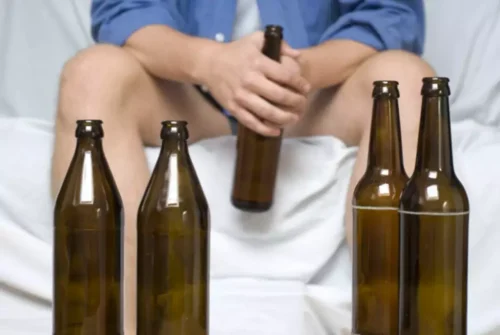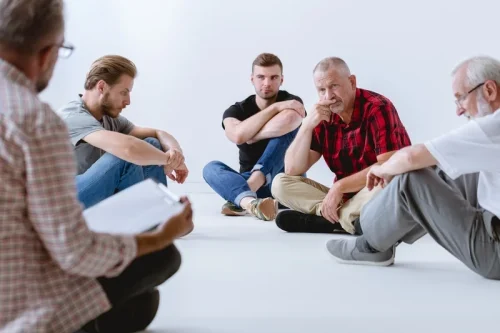What Happens When Alcoholics Relapse?

Ultimately, the journey to recovery is unique for each individual. Still, by incorporating these strategies—consistency, self-care, and support—those in recovery can greatly enhance their resilience and reduce the risk of relapse. Engaging in physical and mental well-being activities, such as mindfulness, exercise, and positive self-talk, can help manage stress and cravings. Medication plays a critical role in supporting individuals through the addiction recovery process.

What To Do After A Relapse: Steps To Get Back On Track
Next to each, add the techniques you and your therapist or support team have come up with to manage it. Cognitive behavioral therapy (CBT) is an important tool for preventing relapses. It teaches you how to overcome negative thinking, which is often at the heart of a relapse.

Get Professional Addiction Recovery Help
In fact, at some point, if you don’t use the substance, you may feel what to do after a relapse worse. Relapse is simply the worsening of a medical condition after a period of remission. In the case of a substance use disorder, relapse means a return to using. Ultimately, the goal of medication in recovery is to support the individual’s journey toward a healthier life, free from the constraints of addiction.
How to Recover from Relapse

Act quickly to focus on your recovery again, so your addiction can’t continue. Absolutely no-one finds recovery from substance addiction thinking the latter. When relapse does happen, you need to consider the following expert advice (and then put it into action) to ensure you get yourself straight back on the road to recovery. A relapse provides a clear warning that either something is missing from your current process of recovery, or something that is part of that process is simply not working as it should do. Either way, a relapse is the clearest sign you could possibly see that action needs to be taken, and changes need to be made.
- Experiencing a relapse can be a distressing event, often accompanied by negative emotions such as guilt, shame, and frustration.
- Whether or not you relapse is closely tied to your sense of self-efficacy.
- Craving is an overwhelming desire to seek a substance, and cravings focus all one’s attention on that goal, shoving aside all reasoning ability.
- In some situations, they make the same mistakes repeatedly.
- For alcohol use disorder (AUD), medications such as naltrexone and acamprosate are FDA-approved and have been shown to increase abstinence rates and decrease the risk of heavy drinking relapse.
- Having a better understanding of what causes relapse will make it easier to prevent it and treat it if it does occur.
Using drugs once during recovery doesn’t necessarily mean that a person has relapsed. A single use is usually referred to as a “slip.” Some people can slip without relapsing, but drinking or using increases the chance of relapse. Some people never fully recover, but they learn to cope with symptoms of the disease. Most people in recovery from addiction are always vulnerable to relapse. https://ecosoberhouse.com/article/how-alcoholic-parents-affect-their-children/ Prepare yourself for a difficult conversation; admitting you slipped up will be difficult and humbling.




Leave a Reply